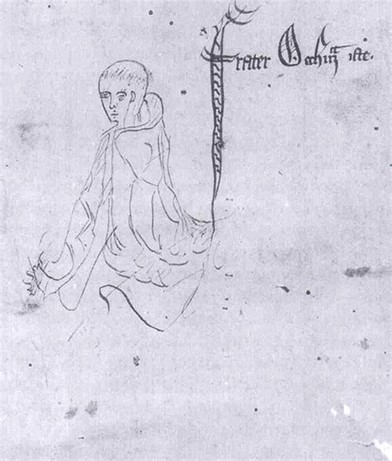I have already said goodbye to Germany once under this title. That was in 2005, in my farewell lecture from Freiburg. At that time, I went to England because German university legislation made it impossible for me to continue financing my position as a non-scheduled professor at the University Hospital in Freiburg with my third-party funds, which I possessed sufficiently. I found England very congenial. The colleagues were friendly and collegial. There was almost a conspiratorial community spirit. I soon realized why, and that’s what drove me out of England 5 years later: The system there is divided into academics – those who add value by teaching and researching and thus earning the money that keeps the university going – and administrators and managers – who tell academics what to do. German academics have it better in that regard. At least in theory, they are free in their research and teaching. In addition, the English system is extremely hierarchical and reflects the English class society: There are the universities at the top, Oxford, Cambridge, Imperial, Queen Mary, University College, the excellent universities of the Russell Group, and a host in the back ranks. The top universities take in just under 50% of their students, mainly the best students from the 7% or so English private schools (they are not allowed to take in more of these, otherwise they lose their grants from the state; I have reflected on these connections elsewhere [1, 2]). The pupils of these private schools are, with very few exceptions, those from rich homes. This is because the tuition for such schools costs at least a year’s salary of an average wage earner. (When I was in Northampton, the average annual income in the area was £27,000; the local private school would have cost £25,000 a year, and it was still one of the cheapest in the country). In this way, the English class system distills upward. In the country’s good universities, the upper classes meet. That’s how the social system is fixed.
When I understood this at that time, I decided, if there was an opportunity, to return to Germany, where I experienced a very egalitarian university system and a permeable education system, the quality of which did not depend on the income of the parents. As a child of simple parents with a farming background and no tutoring from home, I was able to graduate from a good school and study without paying fees. To this system, I wanted to give back something of what I once received myself.





